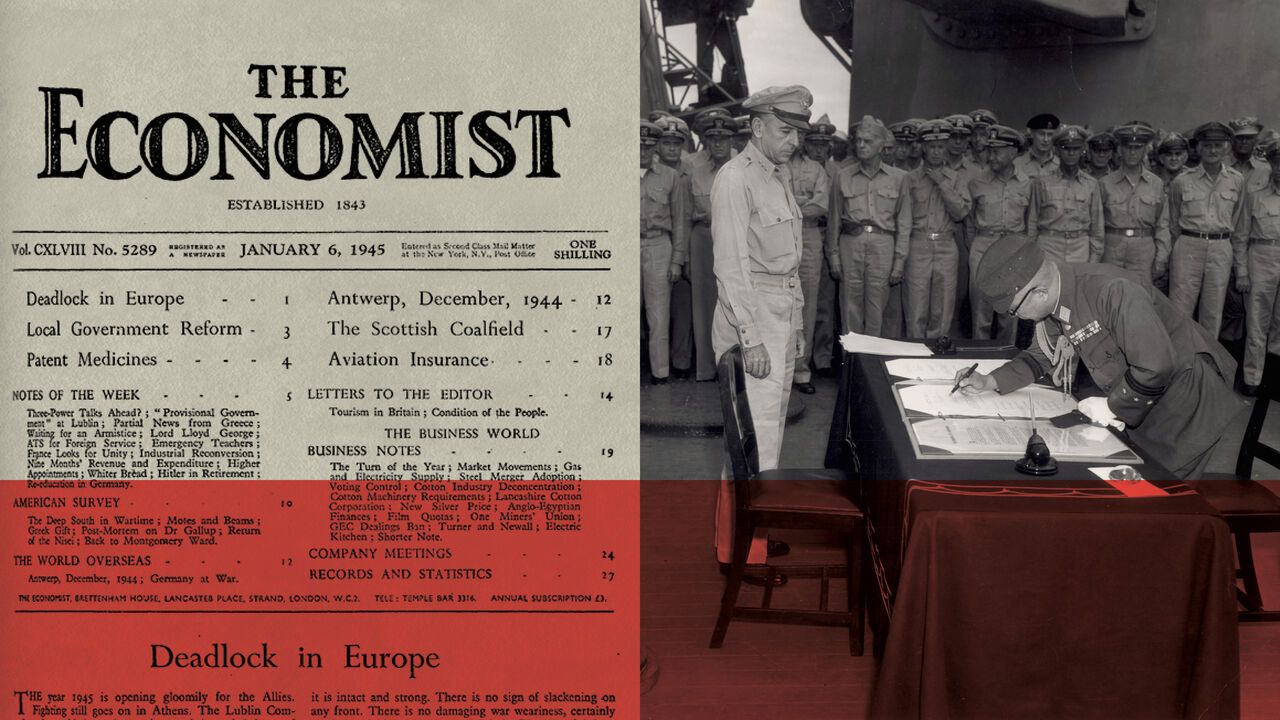Articles in this Cluster
23-08-2025
China's economy follows a three-act pattern: initial growth, mid-year setbacks, and a final stimulus-driven recovery. The government is experimenting with small handouts to households. Shanxi province is struggling to move away from coal, while China is making progress in AI development, prioritizing real-world applications.
Entities: China, Shanxi province, DeepSeek, GDP, AI • Tone: analytical • Sentiment: neutral • Intent: inform
23-08-2025
The article discusses the ongoing trade tensions between China and the United States, with a focus on China's growing economic influence and its potential to exert pressure on the US through trade. The author notes that while the two countries have maintained a fragile trade truce, China is using this time to develop its economic arsenal. The article highlights China's significant role in global trade, with the Sino-American trading relationship worth $659 billion annually. The author suggests that China's power lies not in what it buys, but in what it sells, making it a formidable player in the trade war.
Entities: China, Donald Trump, Russia, Sino-American, Xi Jinping • Tone: analytical • Sentiment: neutral • Intent: inform
23-08-2025
The article discusses how Washington D.C. has become vulnerable to the influence of President Donald Trump due to historical events. It highlights an insurrection in 1783 where mutinous soldiers surrounded Congress in Philadelphia, demanding back wages, and compares it to the January 6th, 2021 insurrection. The article suggests that the politics in Washington are particularly potent today, but their origins are older than the American republic itself. The influence of Donald Trump over Washington is a significant concern.
Entities: Donald Trump, Washington, Congress, Philadelphia, January 6th 2021 • Tone: analytical • Sentiment: negative • Intent: analyze
23-08-2025
The article discusses how the post-1945 international order is crumbling, with leaders like Donald Trump and Vladimir Putin distorting history to serve their nationalist agendas. The author reflects on how The Economist reported on World War II week by week and notes that modern leaders are exploiting the war's legacy for their own purposes. The article highlights the contrast between the sombre commemoration expected at the end of a war and the sabre-rattling military parade that China's Xi Jinping is planning for Victory Day.
Entities: Donald Trump, Vladimir Putin, Xi Jinping, Nazi Germany, Soviet Union • Tone: analytical • Sentiment: negative • Intent: analyze
23-08-2025
The article discusses the current state of globalization and whether it was ever a meritocracy. It uses the metaphor of a schoolyard taken over by bullies to describe the situation, with President Donald Trump playing the role of the bully. The article argues that Trump's approach to trade has changed from his first presidency, when American officials acted as harsh disciplinarians, to a more aggressive and cruel approach. The article questions whether globalization was ever fair and merit-based, and suggests that the post-1945 order is crumbling.
Entities: Donald Trump, America, China, The Economist, Singapore • Tone: analytical • Sentiment: negative • Intent: inform
23-08-2025
The article discusses the ineffectiveness of international courts in enforcing the laws of war, as conflicts have become more frequent since 1945, resulting in increased civilian casualties. The post-1945 order is crumbling, and history may offer alternative solutions. The article highlights the struggle of international courts to cope with power politics and punish those responsible for war crimes.
Entities: International courts, 1945, The Economist, The post-1945 order, Japan • Tone: analytical • Sentiment: negative • Intent: analyze
23-08-2025
The article discusses China's military modernization and its growing capabilities, with a focus on the People's Liberation Army (PLA) and its transformation into a more advanced and capable military force. The PLA has made significant progress in recent years, with a focus on information warfare, mechanization, and strategic projection. The article highlights China's goals for its military, including becoming a world-class military by 2049.
Entities: China, United States, People's Liberation Army, PLA • Tone: neutral • Sentiment: positive • Intent: inform
